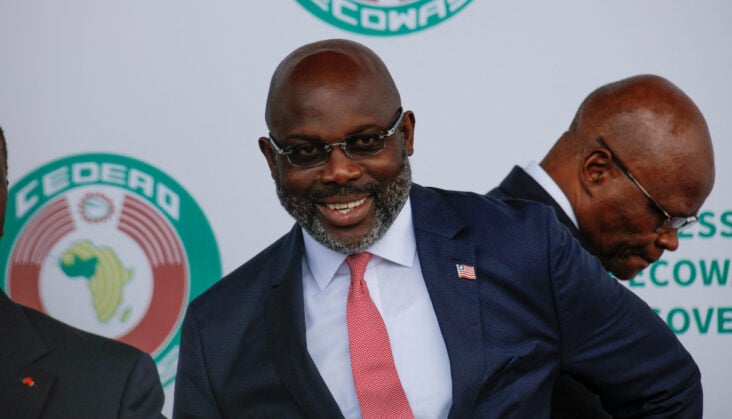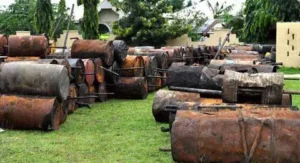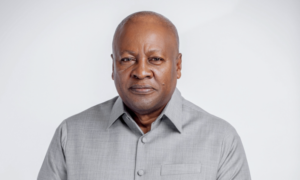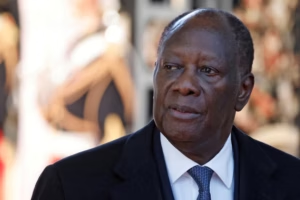
While Liberians go to presidential polls again on 14 November, the legislative election outcome will have a considerable influence on the second round.
Based on the announced results, the ruling Congress for Democratic Change (CDC) party has gained the highest number of positions, winning 25 out of 73 seats in the House of Representatives and six out of 15 seats in the Senate.No party has the majority and independent candidates won 18 seats in the House of Representatives and six seats in the Senate.
Despite winning the most seats for a political party, CDC saw some notable losses. Speaker of the House of Representatives Bhofal Chambers, Chairman of the House Committee on Judiciary Kanie Wesso and Chair of the Executive Committee Acarous Moses Gray lost their seats.
Incumbents take a hit
Only 28 incumbents, less than a third, won their legislative races in the House of Representatives and only four of 15 incumbents will be returning in the next Senate.
“The loss of many legislators is reflective of the level of dissatisfaction from the populace,†says Joshua Kulah, a lawyer and professor of political science at the University of Liberia.
He says that Liberians do not know what is expected from legislators, who are blamed for not carrying out projects that the executive should do.
Women’s representation remains low
Of the 153 female legislative candidates, only nine won, with the total number of women being 11 out of 103 seats across the Senate and House of Representatives.
“Liberia’s low rate of women elected in the legislative is due to a lot of factors, including lack of social and economic support, reduced access to political party platforms for them to run and traditional practices that limit women’s political participation,†Mmonbeydo Joah, a lawyer and executive director of the Organisation for Women and Children (OCCRP) tells The Africa Report.
She refers to the release of a ‘country devil’ on election day in the southernmost Maryland County. This traditional masquerade may not be seen by women, which prevents some from voting.
Shamed but victorious
Officials previously sanctioned for corruption by the US won legislative seats.
Senators Prince Johnson and Varney Sherman were also sanctioned as sitting senators, with the latter losing his senate seat. Former minister of state Nathaniel McGill and Bill Twehway, the ex-head of Liberia’s Ports Authority who were sanctioned in 2022 each won their Senate races.
“In Liberia, corruption is everywhere, so the population generally votes based on how candidates benefit them or directly affect their lives without regarding corruption,†says Kulah.
“Liberia also suffers from widespread impunity. If candidates can spend enough money to directly impact their constituents, they will still be voted for,†he adds.
Legislators important for second-round victory
With the second round of elections scheduled for 14 November, Weah and Boakai will be jostling for support among the legislative independent candidates who won.
The All Liberian Coalition Party (ALCOP) said they would stand by opposition leader Joseph Boakai, but individual legislative winners have made their own endorsements.
When ALCOP endorsed Boakai, the party’s Vice Standard Bearer Matthew Darblo and several other officials endorsed Weah separately.
In Liberia, ‘voter trucking’ was rampant during the legislative races. The term refers to taking people to register or to vote away from where they live or are supposed to vote in order to influence the outcome of an election.
With elections set for Tuesday, both parties will be hoping that these legislative candidates in their strongholds will be able to ‘truck’ voters back to where they previously voted.
With a hung parliament, whoever wins the presidency will also need to convince successful independent legislators to support their agenda.



